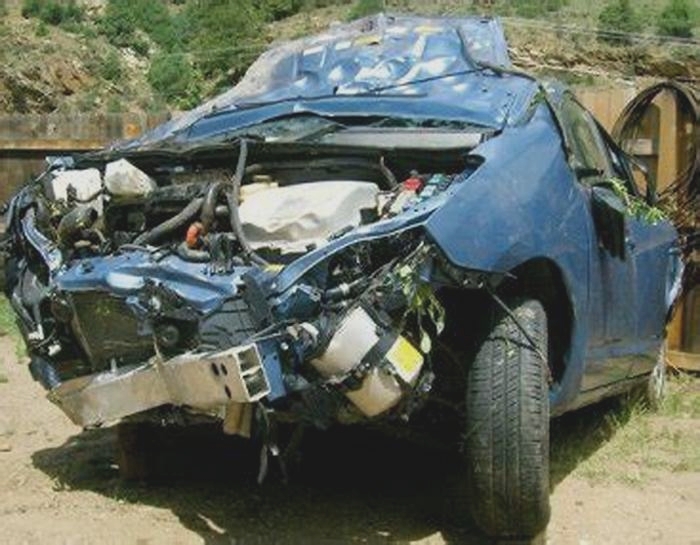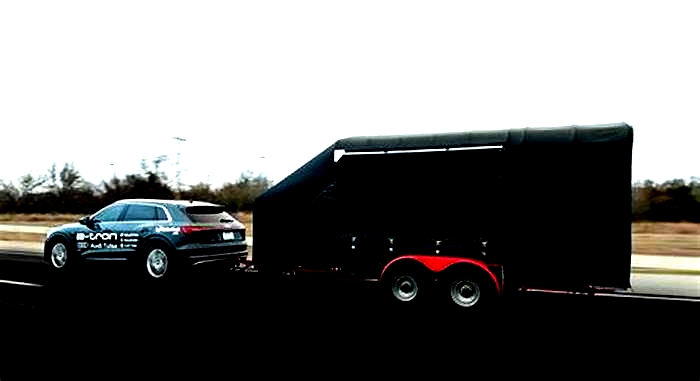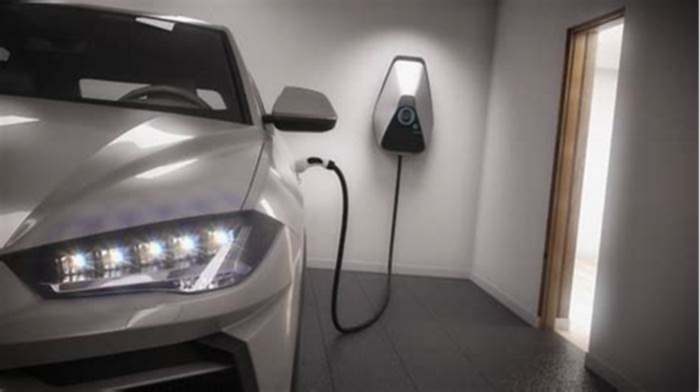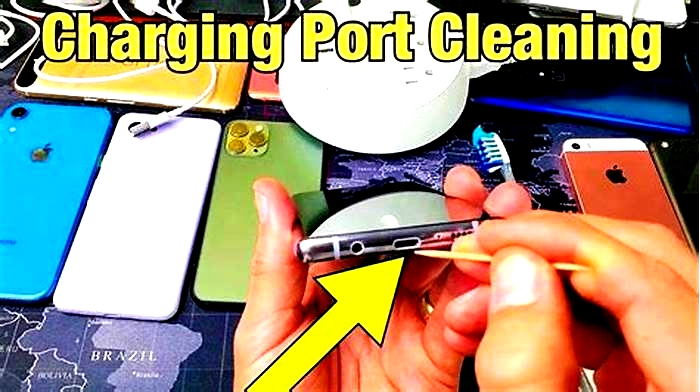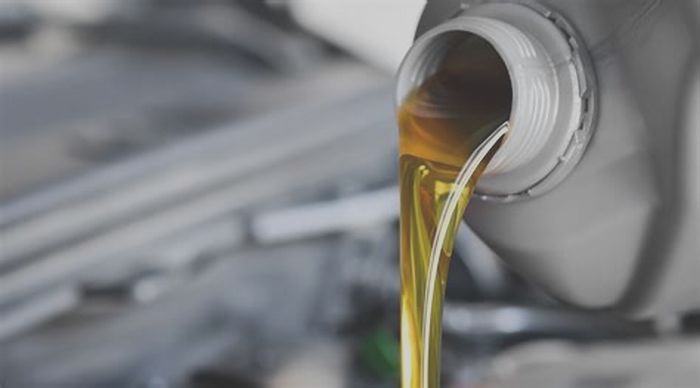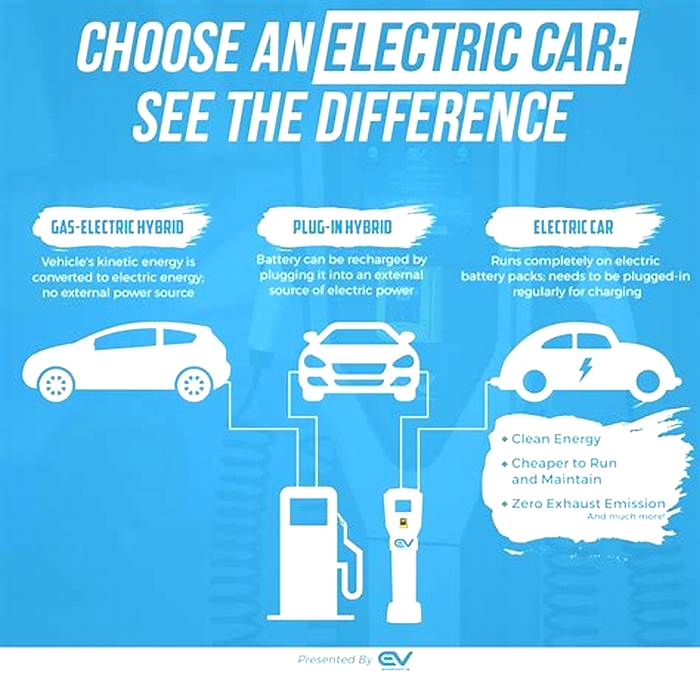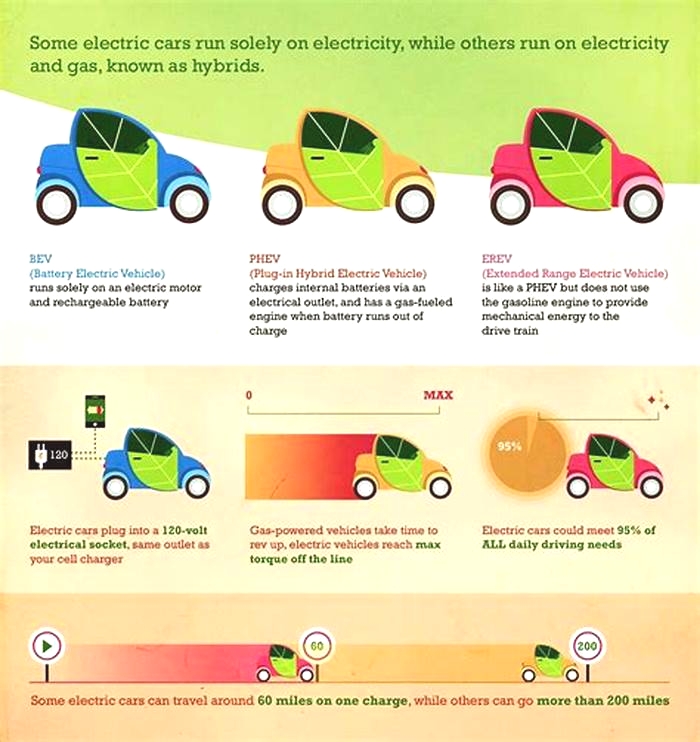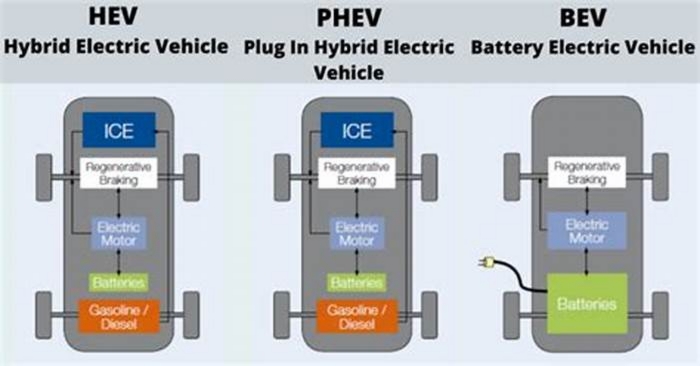Are hybrids safe in a crash
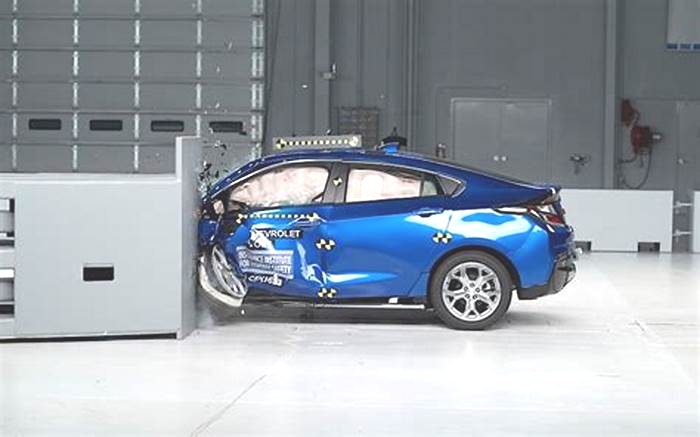
Crash test: Hybrids safer than other cars
Hybrid vehicles protect their occupants better in crashes than their regular gasoline counterparts, according to a report released today by an affiliate of the Insurance Institute for Highway Safety.
Research by the Highway Loss Data Institute shows that drivers and passengers in a hybrid are 25% less likely to be injured than those in the same model with a standard gasoline engine. And the death rate for drivers in hybrid crashes also was lower.
The hybrid advantage is all about weight, it turns out. "Hybrids on average are 10% heavier than their standard counterparts," says Matt Moore, HLDI vice president and author of the report. "This extra mass gives them an advantage in crashes." When cars collide, the heavier vehicle tends to push the lighter one backwards, exerting greater force on the lighter vehicle and its occupants.
To take an example, the Toyota Highlander Hybrid SUV (pictured above) weighs 4,500 pounds -- about 330 pounds more than the gasoline Highlander. The hybrid's battery pack and other components account for the added weight.
In researching the topic, HLDI looked at insurance injury claims from car crashes from 2002 through 2010. It compared only 28 situations where hybrid vehicles had a gasoline twin, such as the Ford Fusion sedan. ( That excluded the Toytota Prius and Honda Insight, which are sold only as hybrids.)
The HLDI findings run counter to the long-held belief that getting higher gas mileage means buying a smaller (and possibly less crash-worthy) car. "Saving at the pump no longer means you have to skimp on crash protection," says Moore.
More danger to pedestrians
The study also found that while hybrids protect their occupants, they can be a greater threat to pedestrians -- because when they are operating in electric-only mode, hybrid cars make no sound that pedestrians can hear. Hybrids may be as much as 20% more likely to be involved in accidents resulting in pedestrian injuries, HLDI found.
Following congressional action, the National Highway Traffic Safety Administration is working to develop a sound generator that can be installed in hybrids to make them audible for pedestrians.
Concerns about Chevy Volt battery
This mostly good safety news about hybrids comes shortly after concerns over a fire involving the batteries in the Chevrolet Volt, GM's plug-in electric model. About three weeks after a Volt was crashed as part of safety testing by the National Highway Traffic Safety Administration, the Volt battery caught fire in a NHTSA storage lot.
General Motors initially said that NHTSA technicians did not follow proper procedure for disabling the battery after a crash but then conceded that it had not developed those protocols until after the NHTSA test incident. NHTSA itself issued a statement saying it did not believe that plug-in electric cars were any less safe than conventional gasoline cars.
In any case, the lithium ion batteries used in the Volt and competitor the Nissan Leaf are different from the nickel-metal hydride batteries in most gas-electric hybrids covered in the insurance study of occupant protection.
More on MoneyWatch:
Jerry EdgertonView all articles by Jerry Edgerton on CBS MoneyWatchJerry Edgerton, author of Car Shopping Made Easy, has been covering the car beat since Detroit companies dominated the U.S. market. The former car columnist for Money magazine and Washington correspondent for Business Week, Edgerton specializes in finding the best deals on wheels and offering advice on making your car last.
The safest cars on sale in 2024 - the latest crash tests
Read our in-depth Lexus RZ review
Search Lexus RZ deals
7. BMW 5 Series
Adult occupant protection 89% Child occupant protection 85% Pedestrian protection 86% Safety Assist 78%
Total Euro NCAP score 338/400
The BMW 5 Series has long been a stalwart of premium company car wish lists, and the eighth generation model looks set to continue this trend. Its offered with mild hybrid engine technology and as a plug-in hybrid, while the i5 version should satisfy electric car enthusiasts.
Although it provides good protection for its occupants in a collision, the 5 Series is fairly benign to smaller vehicles in a head-on crash. It also ticks the boxes for the latest safety innovations: its advanced eCall system automatically alerts the emergency services after an accident and the cars brakes are activated too, preventing a secondary collision. Theres a system to send a warning if a child is left in the car, too.
Other road users are well protected too, with the active safety system scoring maximum points for spotting and avoiding a collision with a motorcyclist, and the car issuing a warning if the driver is going to open the door on a cyclist - and stopping the door from opening if an accident becomes imminent.
The Euro NCAP rating is valid for all 5 Series variants, including the pure electric i5.
Read our in-depth BMW i5 review
Search BMW 5 Series deals
8. NIO EL7
Adult occupant protection 93% Child occupant protection 85% Pedestrian protection 80% Safety Assist 79%
Safest hybrid and electric cars

Adult occupant protection93%Child occupant protection87%Pedestrian protection85%Safety Assist77%
Total Euro NCAP score342
Large SUVs are all gas-guzzlingplanet polluters, right? Well, not the Toyota RAV4, because thanks to hybrid power, it pumps out less CO2 than a 1.0-litreFord Fiesta. The RAV4 also comes with automatic emergency braking, including pedestrian and cyclist detection, as standard, whileblind-spot monitoring is included on Excel models and above.
Read our full Toyota RAV4review >>
=5. Toyota Corolla
Save money on a new Toyota Corolla with What Car? >>

Adult occupant protection95%Child occupant protection84%Pedestrian protection86%Safety Assist77%
Total Euro NCAP score342
As good as the latest RAV4 is, we reckon Toyota's familyhatchback, the Corolla, is even better, combining its superb efficiency witha cossetingride andgenerous standard spec. While the two cars get the same overall score from Euro NCAP, the Corolla betters its larger sibling in terms of adult occupant protection and pedestrian protection.
Read our full Toyota Corolla review >>
=3. Lexus ES
Save money on a new Lexus ES with What Car? >>

Adult occupant protection91%Child occupant protection87%Pedestrian protection90%Safety Assist77%
Total Euro NCAP score345
Modernluxury saloonstend to use diesel engines, but the ES is different, combining a 2.5-litre petrol engine with an electric motor. This approach makes for a car that's whisper-quiet around town and when cruising on the motorway but a bit noisy under acceleration.The ES's suite of standard safety kit includes lane-keeping assistance,high-speed emergency braking and pedestrian and cyclist detection.
HYBRID VEHICLES POSE UNIQUE RISK OF INJURY IN A CRASH
Automotive technology has progressed rapidly in recent years. As New York drivers grow more sensitive to environmental concerns and rising gas prices, many are turning to electric or hybrid vehicles. However, while these vehicles do have a number of benefits, they also pose some unique risks in the event of an accident.
Unlike traditional gas-powered automobiles, electric and hybrid vehicles utilize high voltage electric propulsion systems. These systems can become damaged in a motor vehicle accident, putting both accident victims and first responders at risk of injury. A compromised electrical system could shock or electrocute someone who comes into contact with the vehicle. There is also a chance that first responders could accidentally injure someone or start a fire by cutting though a high-voltage line during a rescue.
Because of these risks, automakers have taken steps to help first responders keep people safe in the event of an electric or hybrid vehicle accident. Manufacturers have labeled the inside of their vehicles and have highlighted dangerous components with bright colors.
In addition, manufacturers have worked with the National Fire Protection Association to develop training programs for first responders. In those trainings, first responders are educated on safe ways to respond to car accidents involving electric or hybrid vehicles, including how to shut off the vehicles electrical systems and how to extricate a victim from a collapsed or crushed car.
New York police receive crash training
For the most part, these training programs are offered to fire departments. However, in New York, the State Police are typically the first responders to highway accidents. This fall, 40 collision investigators from the New York State Police became the first police officers in the nation to attend the NFPAs training program. Over the next year, these officers will train all New York State Troopers in best practices for responding to accidents involving electric and hybrid vehicles.
As part of the program, officers worked with the NFPA to refine the program to best fit the needs of the law enforcement community.
Prior to receiving the training, the New York State Police had worked directly with vehicle manufacturers to distribute safety information to officers.
New York car accident lawsuits
While it is true that electric and hybrid vehicles do present special safety concerns in the event of a crash, it is important to recognize that these differences do not make negligent drivers any less liable. If a person is injured because of a compromised high voltage electric propulsion system or other electric problem, the driver who caused the accident can be held responsible, even if the injuries would not have occurred in a traditional vehicle.
If you or a loved one has been injured in a New York motor vehicle accident, it is important to take steps to protect your rights. An Orange County personal injury attorney can evaluate your case and help you understand your options.
Are hybrids safer in crashes?
Since were just a week removed from the mass hysteria exhibited by the press over a General Motors Chevrolet Volt caught fire three weeks after it was crash-tested by the National Highway Transportation Safety Administration (NHTSA), one might think electric vehicles, alternative fuel vehicles and other hybrids arent safe.
The NHTSA took the incident as a credible reason to begin an analysis of the safety of electric vehicles, and that investigation should continue until early next year. The federal government agency will be examining if the batteries in hybrids and electric motor vehicles pose significant risks.
Of course, the Chevrolet Volt is a bit of an oddity, since it isnt a hybrid vehicle, nor is it just an electric car. The Volt offers a compromise between different worlds, since it features the ability to plug in and be operated entirely on battery power, and it can also use gasoline via a standard internal combustion engine.
We said at the time that we didnt believe the Volt fire was indicative of any safety concerns for drivers, and were not convinced hybrids are somehow lacking in safety, either. The Toyota Prius, for example, is now in its third generation, so it isnt as if there isnt plenty of data available to check hybrid safety.
And a newly released report from the Highway Loss Data Institute (HLDI), which is part of the Insurance Institute for Highway Safety (IIHS), has found that hybrid models are 25% safer for their occupants than standard cars. The analysis used data on 25 hybrid-conventional vehicle pairs (such as the Ford Escape, which is offered in both traditional and hybrid forms) from 2003-2011.
But it isnt some sort of new tech or safety equipment that makes hybrids safer. Rather, its the weight of their batteries which make the typical hybrid 10% heavier that give them the edge in collisions.
This extra mass gives them an advantage in crashes that their conventional twins dont have, Matt Moore, HLDI vice president and one of the authors of the report said.
Were guessing this will do little to spur hybrid or electric vehicle sales, but we cant argue that wed ever mind having more safety when were on the road.
Before making any final decisions on your insurance company, it is important to learn as much as you can about your local insurance providers, and the coverages they offer. Call your local insurance agent to clear up any questions that you might have. Questions to consider asking include, What is the best coverage plan for me/my family/my situation? What are the minimum coverage requirements in my state and what form of coverage do you recommend? Do you guys offer any bundle discounts if I take out both my auto insurance and home insurance with you? and What is the average rate of insurance quotes you guys offer?
Before making any big insurance decisions, use our free tool to compare insurance quotes near you. Its simple, just plug in your zip code and well do the rest!
Compare Quotes From Top Companies and Save

Written by:
Rachel Bodine
Insurance Feature Writer
Rachel Bodine graduated from college with a BA in English. She has since worked as a Feature Writer in the insurance industry and gained a deep knowledge of state and countrywide insurance laws and rates. Her research and writing focus on helping readers understand their insurance coverage and how to find savings.Her expert advice on insurance has been featured on sites likePhotoEnforced,All...
Reviewed by:
Eric Stauffer
Licensed Insurance Agent
Eric Stauffer is an insurance agent and banker-turned-consumer advocate. His priority is educating individuals and families about the different types of insurance coverage. He is passionate about helping consumers find the best coverage for their budgets and personal needs.Eric is the CEO of C Street Media, a full-service marketing firm and the co-founder of ProperCents.com, a financial educat...
Editorial Guidelines: We are a free online resource for anyone interested in learning more about car insurance. Our goal is to be an objective, third-party resource for everything car insurance related. We update our site regularly, and all content is reviewed by car insurance experts.

